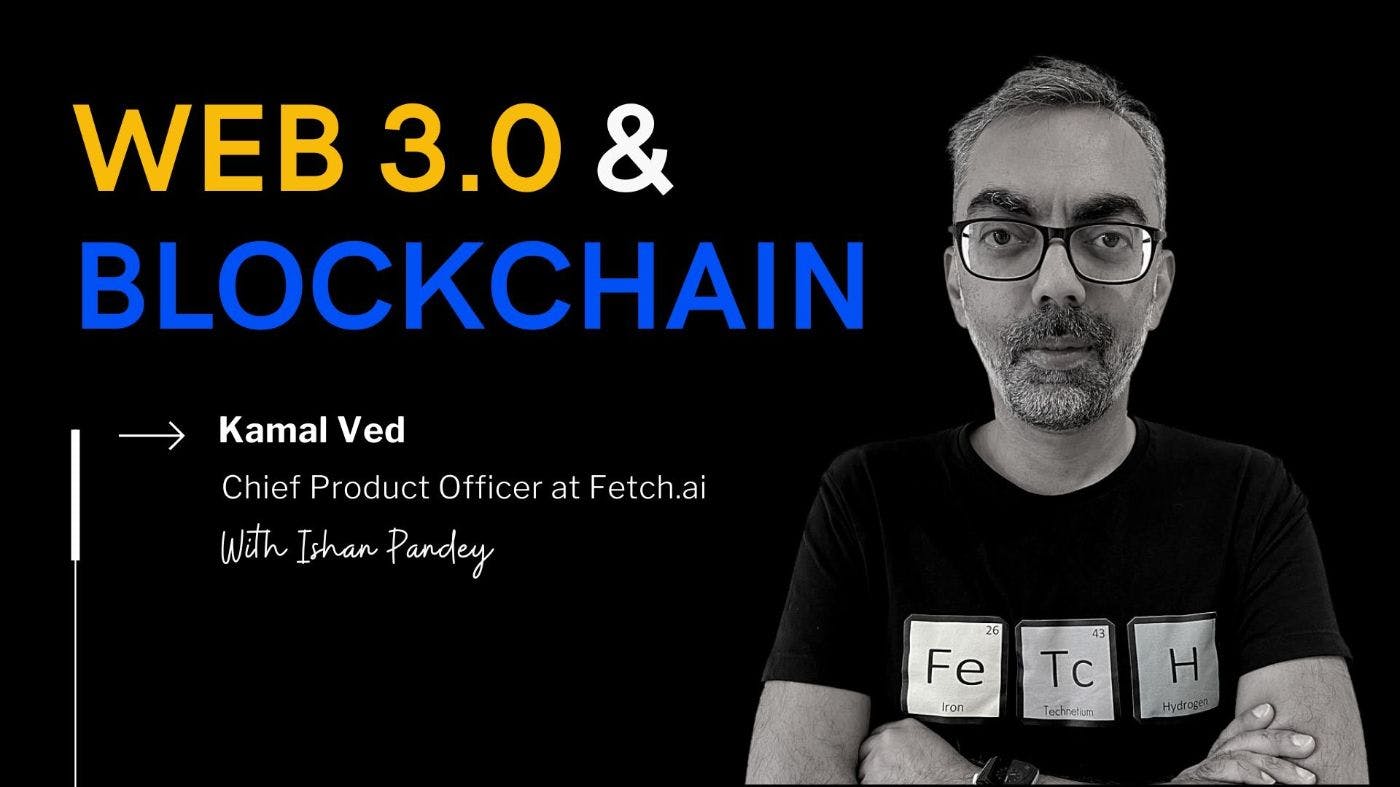1,790 reads
Web3 Technologies Show the Promise of Achieving the Original Vision Behind the World Wide Web
by
November 21st, 2022
Audio Presented by

Building and Covering the latest events, insights and views in the AI and Web3 ecosystem.
Story's Credibility



About Author
Building and Covering the latest events, insights and views in the AI and Web3 ecosystem.
